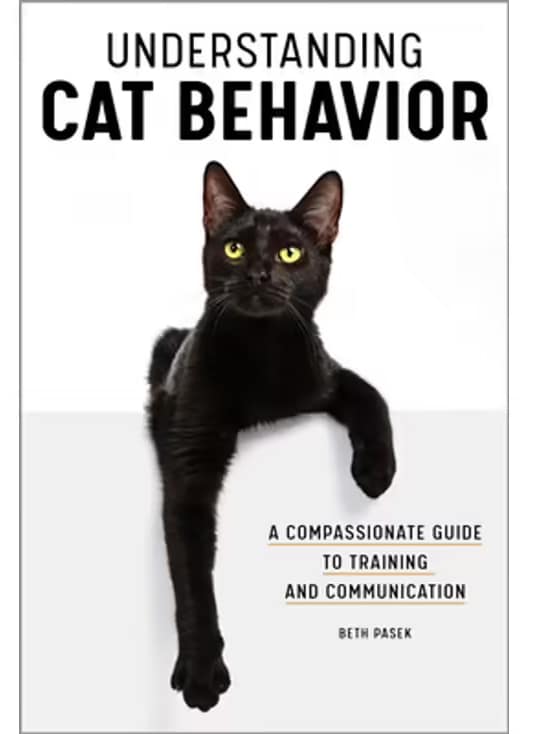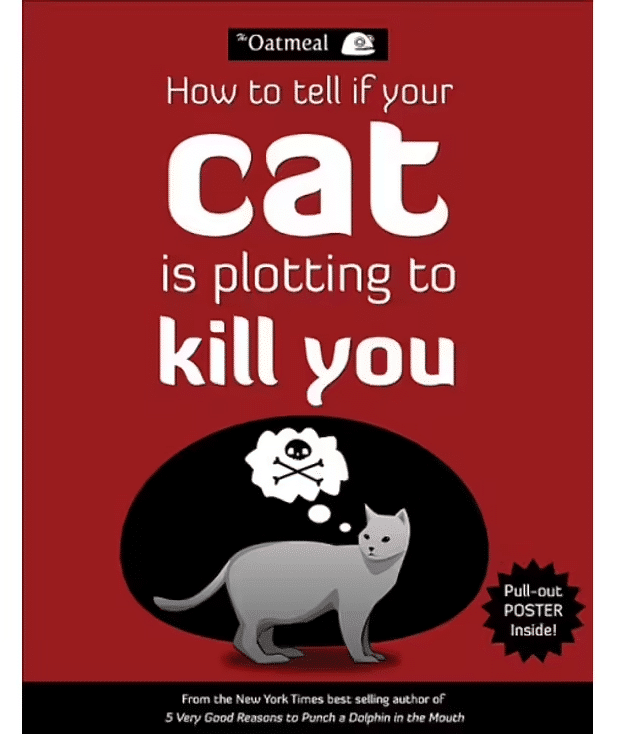What’s That Sound? The Melodious Tones of the Feline Upchuck
Hi, I’m Dr. Karyn! Read my introduction to learn more about me and meet my five hilarious cats: Clutch, Cyril, Alex, Zelda, and Zazzles. Ask me what gets me leaping out of bed like a kid on Christmas morning: It’s not the fire alarm, or a dog barking, and it sure as hell isn’t the alarm on […]











